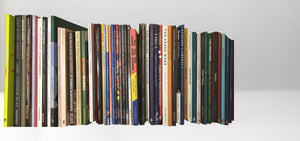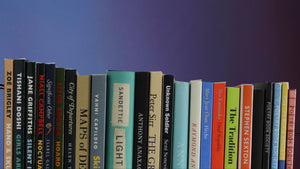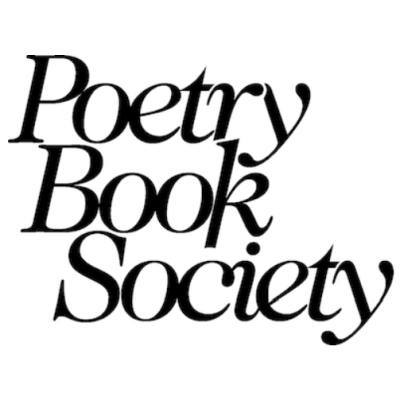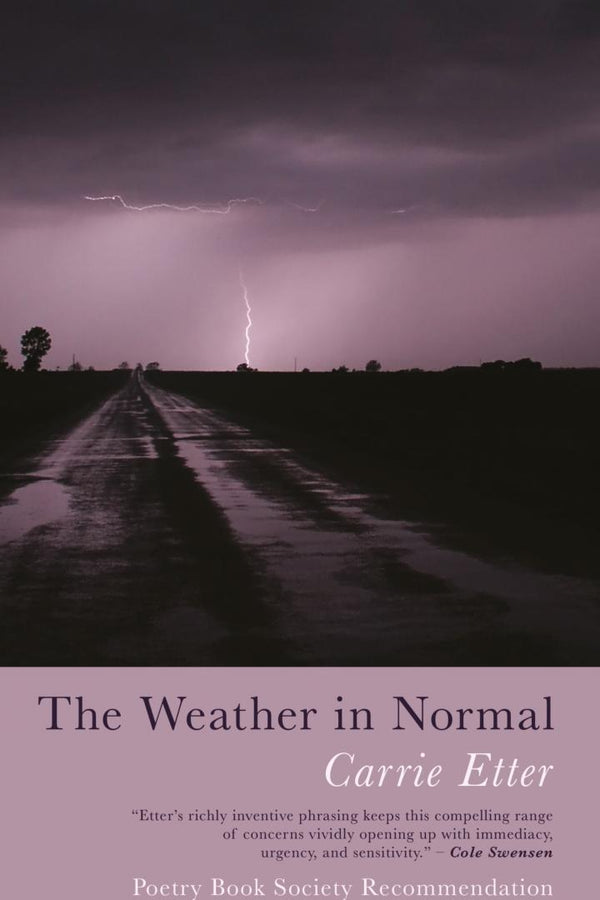The Weather in Normal by Carrie Etter
PBS Winter Recommendation 2018
Carrie Etter’s fourth poetry collection focuses on her hometown of Normal, Illinois, in the American Midwest. The Weather in Normal is not a set of straightforward memories but a slowly shifting entity, like a moving storm. The book opens with ‘Night Ode’, a poem set on a single street at night, the protagonist walking and feeling the oppressive summer heat, the humming of cicadas and the various ages she has walked the same road: “sixteen, nineteen, twenty-four, thirty-seven…”. This introduces us to the main themes of memory and recollection, of mature reflections on youthful experiences, of multiple, shifting perspectives.
The first of the book’s three arcs explores the family’s relationship to the weather and place, from the father’s obsession with the weather, to the brutal effects of the winters on the family, resulting in broken bones, the recognition of poverty, and the father’s paralysis. Yet the relationship to place also includes its appreciation. Etter offers us a vivid impression of the American prairie with its cornfields extending to the horizon. She muses on the various meanings of ‘Prairie’ and understands a landscape can haunt the imagination the way the past haunts the present.
The second arc explores the effect of the loss of the family home in the long poem ‘Afterlife.’ The house is a place of memory and of dream, an upbringing in a house crowded with sisters and then with her sisters’ children: “once three sat atop/ the upright piano/ playing the keys/ with their feet”. What is it to return, in imagination, to the house in which her father died? Can one ultimately relinquish one’s childhood home to its new owners?
The book’s final arc concerns the effects of climate change in Illinois, in part through the long poem, ‘Scar’, chronicling these effects—the greater occurrence of extreme weather, the loss of species, etc. – as well as human responsibility for them. Just as The Weather in Normal begin with music in ‘Night Ode’, so it ends with ‘And Now for a Kind of Song,’ a eulogistic poem relishing the poet’s relationship to Illinois.

MEMBERS ENJOY 25% OFF ALL POETRY BOOKS

Join the Poetry Book Society for 25% off all books
Join the Poetry Book Society for 25% off all books

